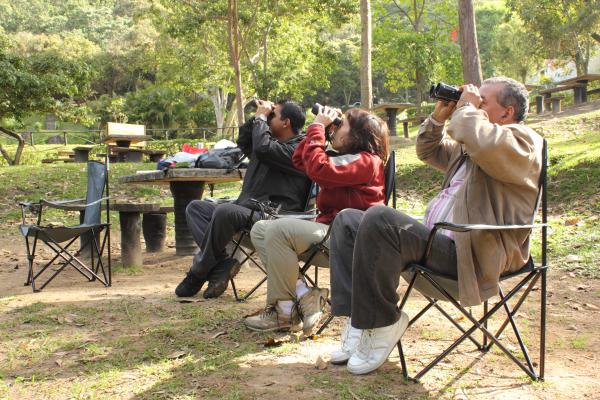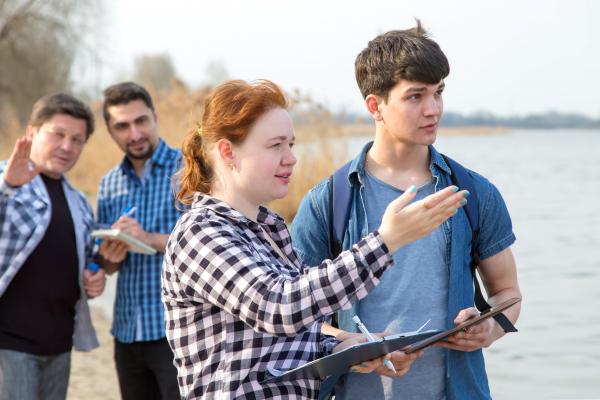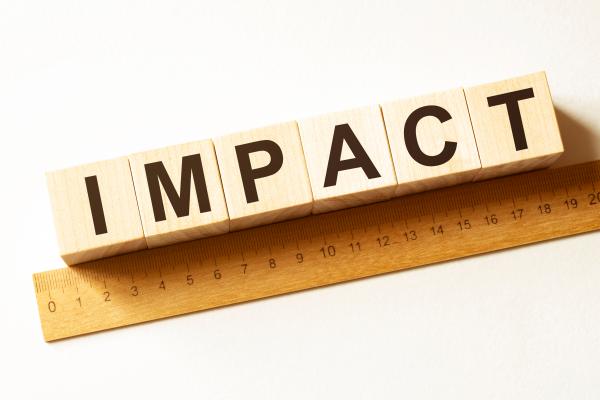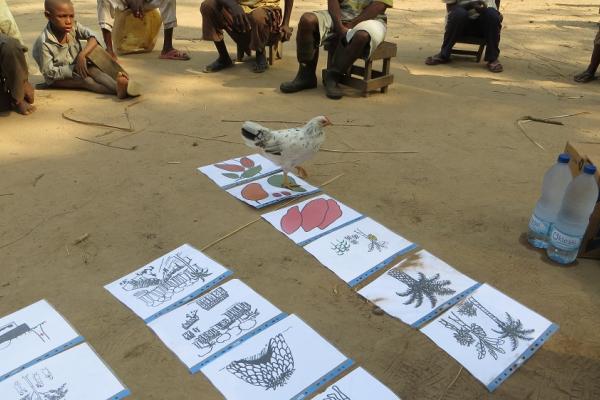But working together as part of a community with professionals, citizen scientists can play an important part in genuine scientific discovery, experiments, data collection and analysis.
Through citizen science, ordinary people can take part in extraordinary research.
Citizen science projects cover a range of topics. Many have an environmental element, some are at the frontiers of molecular research, and some call on backyard astronomers to work together to scan for astronomical objects.
It is of benefit both to the researcher and to the citizen scientist. Through their contributions, the citizen scientist can actively pursue personal values, and be part of a research community seeking the same goals.
The professional scientist can get more data than they would otherwise. This leads to better precision in their measurements and more lines of enquiry in their research.
As the practice of citizen science become more established, new ways to communicate about it are coming to the fore. Platforms like EU-Citizen.Science will play an important role in sharing resources and knowledge about participation in science by the public.
Participation in citizen science can have real impacts also for people who live in remote environments. Extreme Citizen Science has found its way deep into the rainforest where indigenous people take part in projects to protect biodiversity and local culture.
Environmental monitoring is a particularly active field of citizen science. We will learn about ways that people can help improve sustainability and monitor the climate from the comfort of their homes and neighborhoods.
Scientists naturally want to measure the effects of citizen science and its impact on society and we’ll find out how they hope to achieve this.





